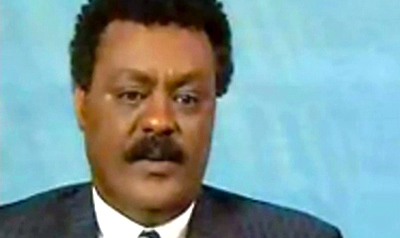
Eritrea: Ali Abdu pleads ignorance of Dawit Isaac’s fate
On Wednesday, the Swedish newspaper Expressen published what it described as an exclusive interview with Ali Abdu–Eritrea’s long-time information minister, government spokesman, and censor-in-chief–who vanished from public view in November. The piece confirmed that Ali had gone into exile, but it shed no light on the whereabouts and well-being of more than two dozen imprisoned…
An information void in Mali as journalists are obstructed
Three weeks after France’s military intervention in Mali, the war remains largely “without images and without facts,” as described by Jean-Paul Mari, special envoy for the newsweekly Le Nouvel Observateur. Although journalists have been allowed to follow French and Malian forces into the towns that have been recovered from armed Islamist groups, the real battlefields…
Journalist Assistance helps record number in 2012
An increase in press freedom violations last year created a surge of need among journalists, driving a record number of assistance cases for CPJ’s Journalist Assistance Program in 2012. More than three-quarters of the 195 journalists who received support during the year came from East Africa and the Middle East and North Africa, reflecting the…
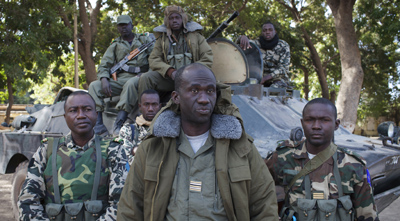
In Mali, a war ‘without images and without facts’
The French army is often called la Grande Muette, or “the Great Silent.” The war in Mali confirms the French military’s well-deserved reputation of being secretive about front-line actions. “Locking the information is more in the culture of the French army than of the U.S. army,” says Maurice Botbol, director of La Lettre du Continent.…
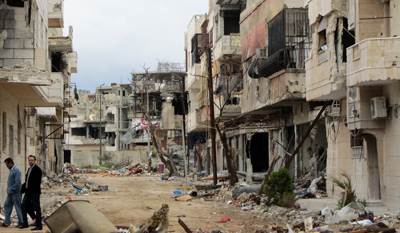
Preparation helps freelancers survive, thrive
When the story is so important but the risks are so high, journalists must keep safety at the forefront of their thinking. That’s especially true for freelancers who often do not have the support of a large news organization. Preparation, peer networking, and smart planning can help improve the odds of not only surviving hostile…
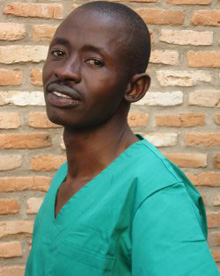
Burundi journalists march to support Ruvakuki
At 8 o’clock Tuesday morning roughly 50 Burundian journalists silently marched around the courthouses in the capital, Bujumbura, and the offices of the justice minister, protesting the imprisonment of their colleague, Hassan Ruvakuki. “They sentenced him to three years without following the law,” said Patrick Nduwimana, one of the protest organizers and the interim director…
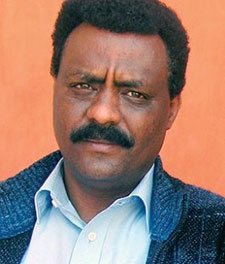
Where is Eritrean Information Minister Ali Abdu?
Eritrean Information Minister Ali Abdu Ahmed, government spokesman and censor-in-chief of the Red Sea nation, has been invisible in the past few weeks. The total absence of any independent press in Eritrea has allowed the government to maintain complete silence in the face of mounting questions and surging Internet rumors of his defection. It was…
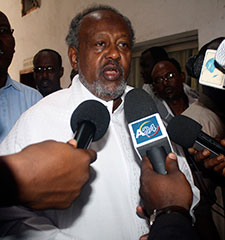
In Djibouti, journalist defiant despite revolving jail door
Online journalist Houssein Ahmed Farah spent more than three months in jail in Djibouti before an appeals court finally released him in November–after his defense requested bail three times, Houssein said. His crime? Officially nothing. “It appears to have been an arbitrary arrest because there is still no evidence on file,” Houssein told me. He…
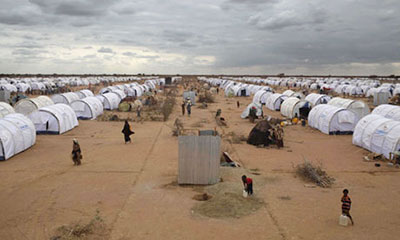
Somalis in Kenya hounded by security forces, refugee policy
Exiled Somali journalists living in Nairobi were struck with disbelief this week when daily newspapers published a statement by the Department of Refugee Affairs ordering all Somali refugees to move to refugee camps. “The refugees, particularly those living in urban centers, are contributing to insecurity in the country,” the statement read. The acting commissioner for…